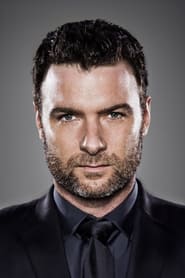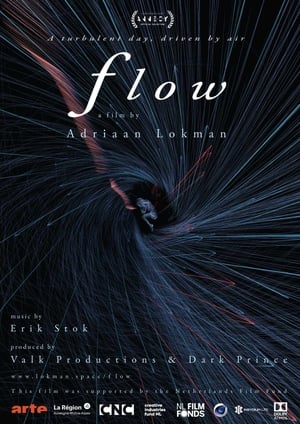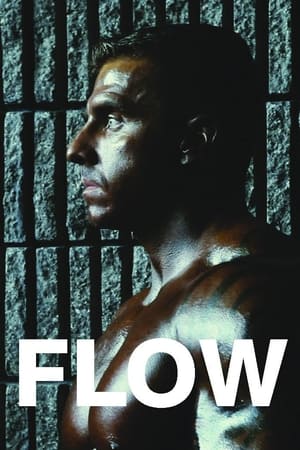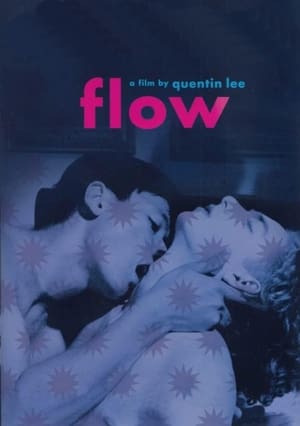
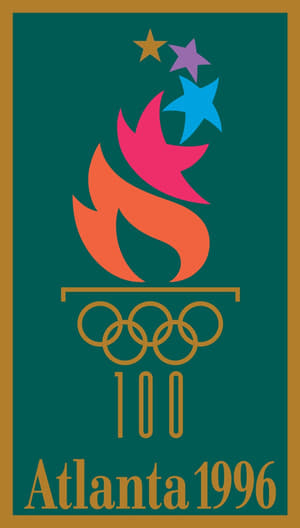
Spirit of the Games(1996)
Documentary examines the history and evolution of the Olympic Games, taking a close look at the Olympic charter, oath and ideals. Also featured are rare home movies and interviews with Olympic athletes and the oldest known color footage of the Olympic Games from Berlin in 1936.


Movie: Spirit of the Games
Top 8 Billed Cast
Himself
Himself
Himself
Herself
Himself
Himself
Herself

Spirit of the Games
HomePage
Overview
Documentary examines the history and evolution of the Olympic Games, taking a close look at the Olympic charter, oath and ideals. Also featured are rare home movies and interviews with Olympic athletes and the oldest known color footage of the Olympic Games from Berlin in 1936.
Release Date
1996-05-01
Average
5
Rating:
2.5 startsTagline
Genres
Languages:
EnglishKeywords
Recommendations Movies
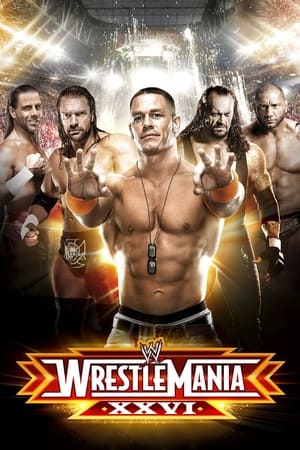 7.7
7.7WWE Wrestlemania XXVI(en)
WrestleMania XXVI was the twenty-sixth annual WrestleMania PPV and was presented by Slim Jim. It took place on March 28, 2010 at the University of Phoenix Stadium in Glendale, Arizona. The first main event was a No DQ, no count-out match that featured The Undertaker versus Shawn Michaels. The second was a singles match for the WWE Championship that saw Batista defend the championship against John Cena. The third was a singles match for the World Heavyweight Championship featured the champion, Chris Jericho, defending against Edge for the title. Featured matches on the undercard included a 10-Diva tag team match, Bret Hart versus Vince McMahon in a No Holds Barred match, Rey Mysterio versus CM Punk, Triple H versus Sheamus, the sixth annual Money in the Bank ladder match, a Triple Threat match between Randy Orton, Ted DiBiase, and Cody Rhodes, and a WWE Tag Team Championship match between Big Show and The Miz, against John Morrison and R-Truth.
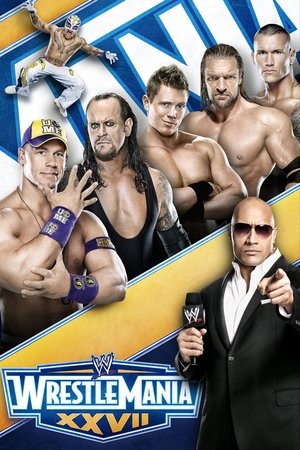 7.5
7.5WWE WrestleMania XXVII(en)
The Rock returns home to be The World’s Most Electrifying Host of WrestleMania XXVII from Atlanta, GA. The Great One will lay the SmackDown on all of the pomp and festivities that makes WrestleMania the world’s greatest, annual pop culture extravaganza. John Cena looks to dethrone the self-proclaimed “most must see WWE champion in history” the Miz. Undertaker’s legendary 18-0 WrestleMania winning streak has never been in greater peril when Triple H challenges the Phenom. Alberto Del Rio looks to fulfill his destiny and take Edge’s World Heavyweight Championship. A bitter and personal rivalry comes to a head when Randy Orton battles CM Punk.. All this and more when the Superstars of WWE invade the Georgia Dome for WrestleMania XXVII.
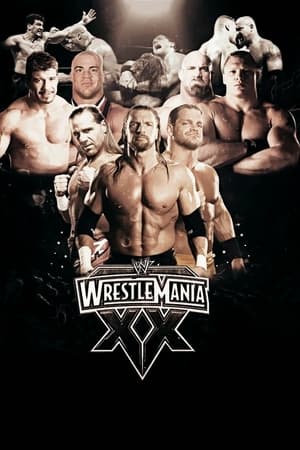 8.4
8.4WWE WrestleMania XX(en)
WrestleMania XX was the twentieth annual WrestleMania . It took place on March 14, 2004 at Madison Square Garden in New York. The main match for the Raw brand was a Triple Threat match for the World Heavyweight Championship between champion Triple H, Shawn Michaels and Chris Benoit. The main match for the SmackDown! brand featured Eddie Guerrero versus Kurt Angle for the WWE Championship. The event featured the return of The Undertaker, who challenged Kane. Also on the card was a match between Goldberg and Brock Lesnar with Stone Cold Steve Austin as the special guest referee. WrestleMania XX was the third WrestleMania at Madison Square Garden but the fifth to take place in the New York metropolitan area (following WrestleMania I, WrestleMania 2, WrestleMania X and Wrestlemania 29). The event grossed US$2.4 million in ticket sales, making the Pay-Per-View the highest grossing event ever for WWE at Madison Square Garden. More than 20,000 people attended the event.
 6.7
6.7Sniper: The Last Stand(en)
To stop an arms dealer from unleashing a deadly superweapon, Ace sniper Brandon Beckett and Agent Zero are deployed to Costa Verde to lead a group of elite soldiers against an unrelenting militia. Taking an untested sniper under his wing, Beckett faces his newest challenge: giving orders instead of receiving them. With both time and ammo running low in a race to save humanity, the team must overcome all odds just to survive.
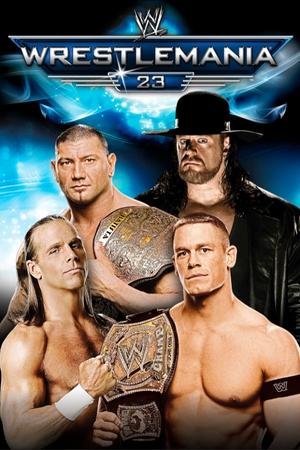 8.2
8.2WWE WrestleMania 23(en)
WrestleMania 23 was the twenty-third annual WrestleMania PPV. It took place on April 1, 2007 at Ford Field in Detroit, Michigan. The event was a joint-brand pay-per-view, featuring performers from the Raw, SmackDown!, and ECW brands. The main match on the Raw brand was John Cena versus Shawn Michaels for the WWE Championship. The predominant match on the SmackDown! brand was Batista versus The Undertaker for the World Heavyweight Championship. The primary match on the ECW brand was an Eight Man Tag Team match between The ECW Originals and The New Breed. The featured matches on the undercard included Bobby Lashley versus Umaga and an interpromotional Money in the Bank ladder match. It set an all-time Ford Field attendance record of 80,103. WrestleMania 23 grossed US$5.38 million in ticket sales, breaking the previous record of $3.9 million held at WrestleMania X8. With about 1.25 million buys, the event is the highest WWE pay-per-view buyrate in history.
 7.1
7.1Saturday Night's Main Event XXXVII(en)
Undisputed WWE Champion Cody Rhodes will go head-to-head with Kevin Owens as Saturday Night's Main Event returns to NBC. Plus World Tag Team Champion Finn Bálor will face "The Ring General" Gunther for the World Heavyweight Title. The Women's World Championship will be on the line when Liv Morgan defends her title against IYO SKY.
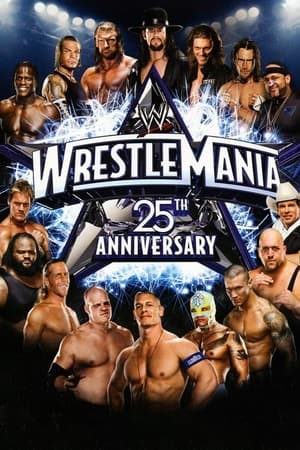 7.9
7.9WWE WrestleMania XXV(en)
WrestleMania XXV was the twenty-fifth annual WrestleMania PPV. It was presented by the National Guard and took place on April 5, 2009 at Reliant Stadium in Houston, Texas. The first main event was a singles match for the WWE Championship that featured the champion, Triple H, defending against Randy Orton. The second was a Triple Threat match for the World Heavyweight Championship, between defedning champion Edge against John Cena & Big Show. The third main event was The Undertaker versus Shawn Michaels. Featured matches on the undercard included, Jeff Hardy versus Matt Hardy in an Extreme Rules match, Chris Jericho versus the team of Roddy Piper, Ricky Steamboat and Jimmy Snuka, and the annual Money in the Bank ladder match featuring Kane, MVP, Mark Henry, Shelton Benjamin, Kofi Kingston, CM Punk, Christian, & Finlay. With an attendance of 72,744, it is the 6th largest attendance in WrestleMania history.
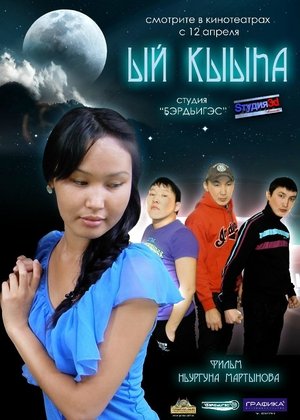 6.3
6.3Girl on the Moon(ru)
Someone from another planet crashed on Earth and evil is chasing him, and then love appears, and it defeats evil through an amulet.
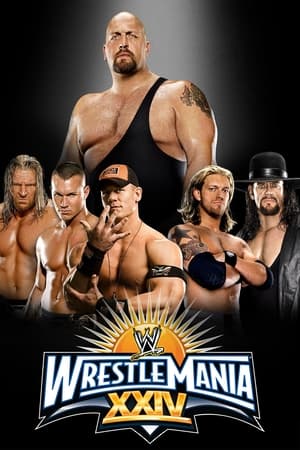 8.1
8.1WWE WrestleMania XXIV(en)
WrestleMania XXIV was the twenty-fourth annual WrestleMania PPV. The event took place on March 30, 2008, at the Citrus Bowl in Orlando. The first main event was a Singles match from the SmackDown brand that featured The Undertaker challenging World Heavyweight Champion Edge for the title. The second was a Triple Threat match from the Raw brand, in which WWE Champion Randy Orton defended against challengers Triple H and John Cena. The third was a singles match featuring ECW Champion Chavo Guerrero defending against Kane. Other matches include a No DQ match with Floyd Mayweather Jr. fighting The Big Show, a Money in the Bank ladder match with Carlito, Shelton Benjamin, MVP, CM Punk, Mr. Kennedy, Jericho, and John Morrison, and a retirement match between Shawn Michaels & Ric Flair.
Ultraman Hayata: The Lost Films(en)
This DVD set have all The Ultraman pre-release lost films, recorded in 8mm, and release officialy in 2005 with a photobook.
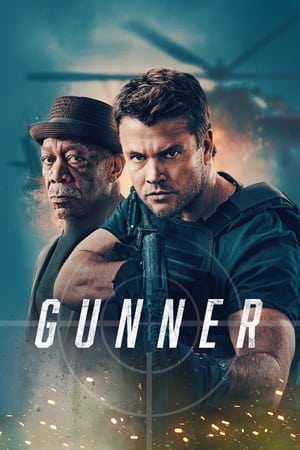 5.3
5.3Gunner(en)
While on a camping trip in order to reconnect, war veteran Colonel Lee Gunner must save his two sons from a gang of violent bikers when they're kidnapped after accidentally stumbling upon to a massive drug operation.
 6.4
6.4Gunslingers(en)
When the most wanted man in America surfaces in a small Kentucky town, his violent history -- and a blood-thirsty mob seeking vengeance and a king’s ransom -- soon follow. As brothers face off against one another and bullets tear the town to shreds, this lightning-fast gunslinger makes his enemies pay the ultimate price for their greed.
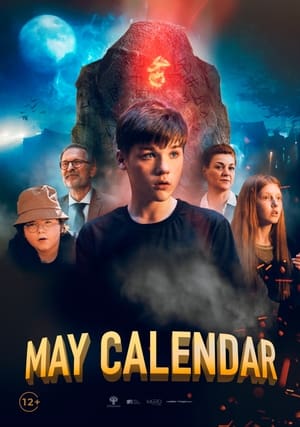 7.3
7.3May Calendar(ru)
A story about the fantastic adventures of modern teenagers, whose life, through the fault of one of them, begins to move in the opposite direction. They will not only have to relive the past days, but also experience events that will later change the lives of their loved ones and themselves. Only the act of the protagonist can turn off the mysterious mechanism that determines the course of time.
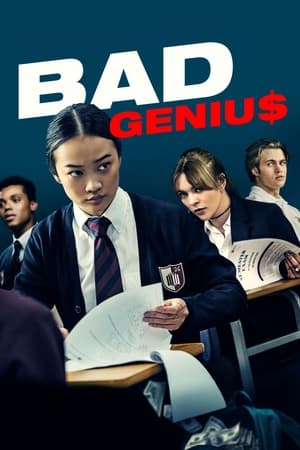 6.7
6.7Bad Genius(en)
A highly-gifted student sees an opportunity to escape her roots by helping wealthy classmates cheat on key exams, but at great risk to her future.
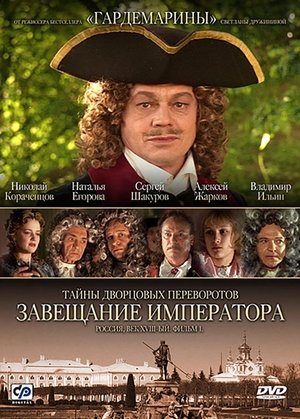 7.1
7.1Secrets of Palace coup d'etat. Russia, 18th century. Film №1. Testament Emperor(ru)
Russia, January 25, 1725. "Give it all...". The emperor's weakening hand was able to write in his will only these two short incomprehensible words that kept Russia in a bloody struggle for the crown for a century.
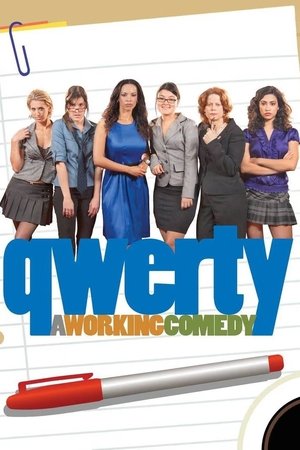 5.7
5.7Qwerty(en)
Conglomerated Assets, a brokerage firm is sinking fast as its CEO checks out and leaves the company to his inept film school drop out son. Enter Quincy, Waverly, Erica, Rudy, Tina and Yasmine. Team QWERTY--six sexy secretaries that must save the day.
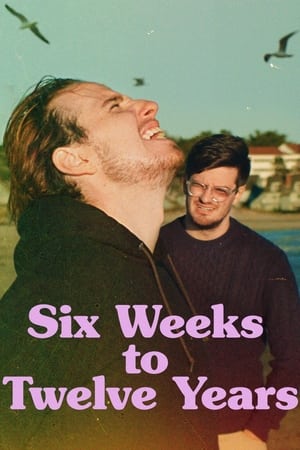 6.1
6.1Six Weeks to Twelve Years(en)
After the death of their abusive father, two estranged twin brothers must reunite and sell off his property.
Similar Movies
 10.0
10.0Trip to Asia: The Quest for Harmony(de)
Journey with the musicians of the Berlin Philharmonic and their conductor Sir Simon Rattle on a breakneck concert tour of six metropolises across Asia: Beijing, Seoul, Shanghai, Hong Kong, Taipei and Tokyo. Their artistic triumph onstage belies a dynamic and dramatic life backstage. The orchestra is a closed society that observes its own laws and traditions, and in the words of one of its musicians is, “an island, a democratic microcosm – almost without precedent in the music world - whose social structure and cohesion is not only founded on a common love for music but also informed by competition, compulsion and the pressure to perform to a high pitch of excellence... .” Never before has the Berlin Philharmonic allowed such intimate and exclusive access into its private world.
 6.1
6.1The Case of Bruno Lüdke(de)
The incredible story of Bruno Lüdke (1908-44), the alleged worst mass murderer in German criminal history; or actually, a story of forged files and fake news that takes place during the darkest years of the Third Reich, when the principles of criminal justice, subjected to the yoke of a totalitarian system that is beginning to collapse, mean absolutely nothing.
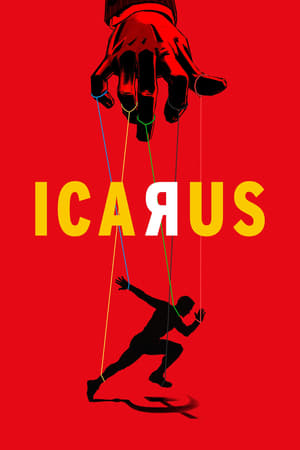 7.6
7.6Icarus(en)
While investigating the furtive world of illegal doping in sports, director Bryan Fogel connects with renegade Russian scientist Dr. Grigory Rodchenkov—a pillar of his country’s “anti-doping” program. Over dozens of Skype calls, urine samples, and badly administered hormone injections, Fogel and Rodchenkov grow closer despite shocking allegations that place Rodchenkov at the center of Russia’s state-sponsored Olympic doping program.
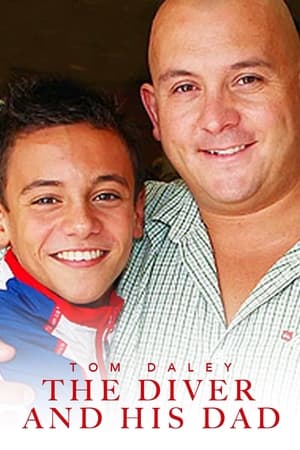 0.0
0.0Tom Daley: The Diver and His Dad(en)
Tom Daley came to national and international prominence when he won the Men's 10 metre platform diving European championship in 2008, at the age of 13, and came 7th in the individual competition and 8th in the synchro competition at the Beijing Olympics. In the summer of 2009, aged 15, he won the World Championships, and this documentary followed him through the 2010 diving season.
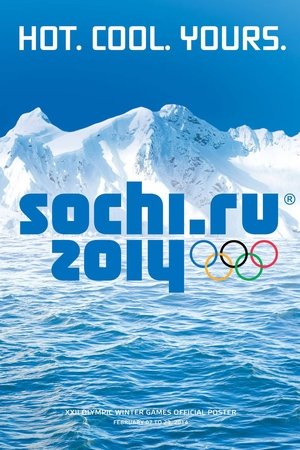 4.8
4.8Sochi: 2014 Olympic Opening Ceremony: Dreams of Russia(ru)
The opening ceremony of the 2014 Winter Olympics took place at the Fisht Olympic Stadium in Sochi, Russia, on 7 February 2014. It began at 20:14 MSK (UTC+4) and finished at 23:02 MSK (UTC+4) This was the first Winter Olympics and first Olympic Games opening ceremony under the IOC presidency of Thomas Bach. The Games were officially opened by President Vladimir Putin. An audience of 40,000 were in attendance at the stadium with an estimated 2,000 performers. The ceremony touched upon various aspects of Russian history, and included tributes to famous Russians, such as Peter Tchaikovsky (1840–1893), Ukrainian-born Russian humourist, dramatist, and novelist Nikolai Gogol (1809–1852), filmmaker Sergei Eisenstein (1898–1948), ballet dancer Vaslav Nijinsky (1889–1950), and patron of arts, and founder of Ballet Russes, Sergei Diaghilev (1872–1929).
 6.9
6.9Olympia: Part One – Festival of the Nations(de)
Commissioned to make a propaganda film about the 1936 Olympic Games in Germany, director Leni Riefenstahl created a celebration of the human form. This first half of her two-part film opens with a renowned introduction that compares modern Olympians to classical Greek heroes, then goes on to provide thrilling in-the-moment coverage of some of the games' most celebrated moments, including African-American athlete Jesse Owens winning a then-unprecedented four gold medals.
 6.7
6.7Olympia: Part Two – Festival of Beauty(de)
Commissioned to make a propaganda film about the 1936 Olympic Games in Germany, director Leni Riefenstahl created a celebration of the human form. Where the two-part epic's first half, Festival of the Nations, focused on the international aspects of the 1936 Olympic Games held in Berlin, part two, The Festival of Beauty, concentrates on individual athletes such as equestrians, gymnasts, and swimmers, climaxing with American Glenn Morris' performance in the decathalon and the games' majestic closing ceremonies.
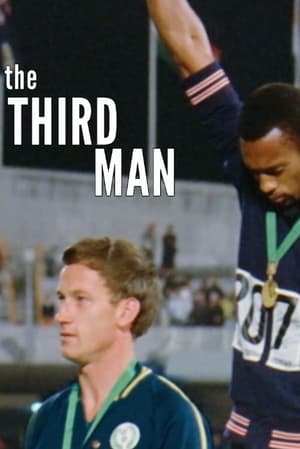 0.0
0.0The Third Man(en)
The moment where American sprinters Tommie Smith and John Carlos raised their gloved hands in defiance on the podium at the 1968 Mexico City Olympics is one of the most memorable images in sports history. But there is a third man in the photo, the white Australian who finished second to Smith and ahead of Carlos in the 200 meters. His name is Peter Norman, and he stands in quiet solidarity with them. Norman’s story is retold in this film with passion and perspective.
 7.5
7.5Berlin: Symphony of a Great City(de)
A day in the city of Berlin, which experienced an industrial boom in the 1920s, and still provides an insight into the living and working conditions at that time. Germany had just recovered a little from the worst consequences of the First World War, the great economic crisis was still a few years away and Hitler was not yet an issue at the time.
 6.6
6.6Heimatkunde(de)
Former "Titanic" satire magazine editor Martin Sonneborn takes an undercover trip around Berlin and discovers the East-German mentality and what is left of the socialist German Democratic Republic.
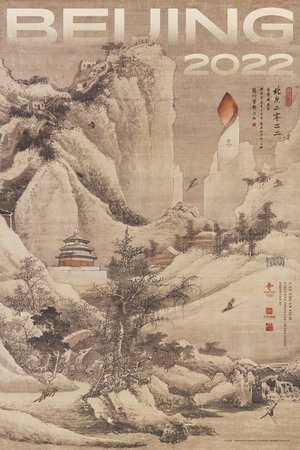 0.0
0.0Beijing 2022(zh)
Shot over more than two years, the official film of the 2022 Winter Olympic Games in Beijing goes behind the scenes to share the stories of international and Chinese athletes, volunteers, medical personnel and officials - against the backdrop of a global pandemic.
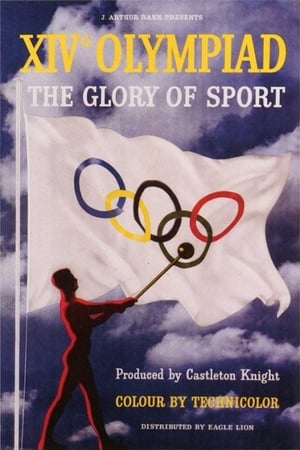 6.1
6.1XIVth Olympiad: The Glory of Sport(en)
A documentary covering the 1948 Olympic Games in St. Moritz, Switzerland, and London, England.
 5.0
5.0The VI Olympic Winter Games, Oslo 1952(no)
A documentary covering the 1952 Winter Olympics in Oslo, Norway.
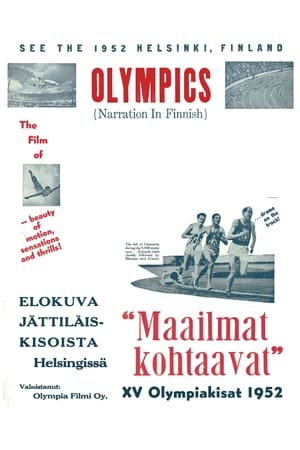 5.0
5.0Where the World Meets(fi)
A first part of a documentary on the 1952 Olympic Games in Helsinki.
 6.0
6.0White Vertigo(it)
A documentary covering the 1956 Olympic Games in Cortina d’Ampezzo, Italy.
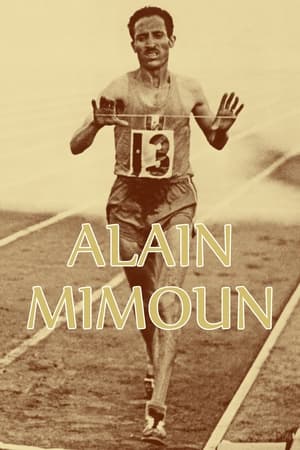 6.3
6.3Alain Mimoun(fr)
A documentary about French marathon runner Alain Mimoun at the 1956 Olympic Games in Melbourne.
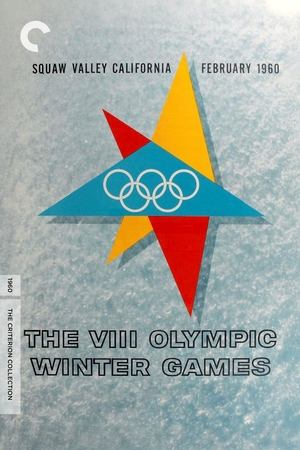 4.6
4.6People, Hopes, Medals(de)
A documentary covering the 1960 Winter Olympic Games in Squaw Valley, California.
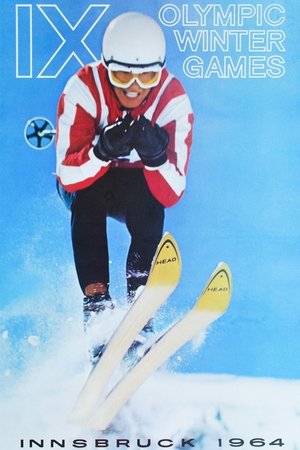 5.2
5.2IX Olympic Winter Games, Innsbruck 1964(de)
A documentary on the 1964 Olympic Games in Innsbruck, Austria.
 5.0
5.0Sensation of the Century(ja)
A documentary covering the 1964 Olympic Games in Tokyo. It consists primarily of footage edited from the documentary TOKYO OLYMPIAD, directed by Kon Ichikawa.
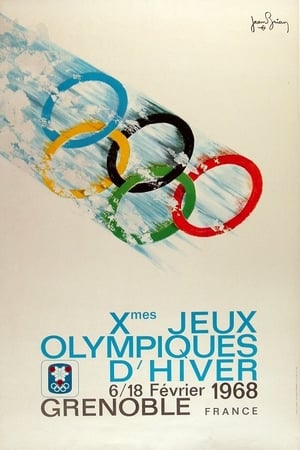 5.6
5.6Snows of Grenoble(fr)
Film about the 10th Olympic Games in Grenoble in 1968. Using a subjective camera, Ertaud and Languepin take the pulse of the Games, cutting out the eyes and slowing down the movement when necessary. The dominant figure at the Grenoble Winter Games is Frenchman Jean-Claude Killy, whose three gold medals matched Toni Sailer's 1956 feat. The filmmakers bet on his winning streak, and include commentary from him as he prepares for each race. Another athlete, Marielle Goitschel, is treated insightfully on screen and wins the women's slalom. Ice dancing fans will appreciate the coverage of winner Oleg Protopopov and his partner Ludmila Belousova. President Charles De Gaulle was present for the spectacular Opening Ceremony.
